Prof. Dr. Ghada Farouk, Vice President of Ain Shams University for Community Service and Environment Affairs, inspects the restoration and development of the Zafaran Palace
Thursday morning, Prof. Dr. Ghada Farouk, Vice President of Ain Shams University for Community Service and Environmental Development, Restoration and development of the Zafaran Palace to find out the progress of the ongoing works, which include the careful restoration of archaeological spaces on the ground floor and the basement, the structural and meticulous restoration of the museum display part in the basement, and the electromechanical works of the palace for the re-employment service As well as civil works, finishes, and agricultural works at the general site.
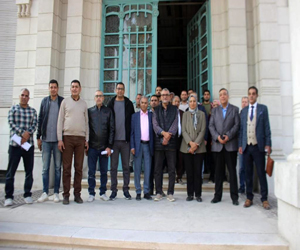 |
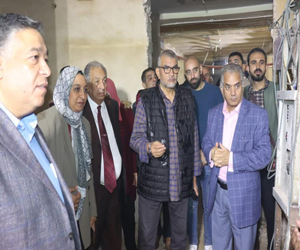 |
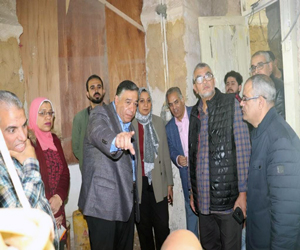 |
|
She was accompanied during the tour by Prof. Dr. Mamdouh El-Damaty, former Minister of Antiquities, Prof. Dr. Yasser Mujahid, Director of the Engineering Consultation Center at the university, and Prof. Dr. Nasr Eid, advisor to the Vice President for Engineering Affairs, and from the company executing the restoration work, Eng. Imam Afifi, Vice Chairman of the Board of Directors of the Arab Contractors Company.
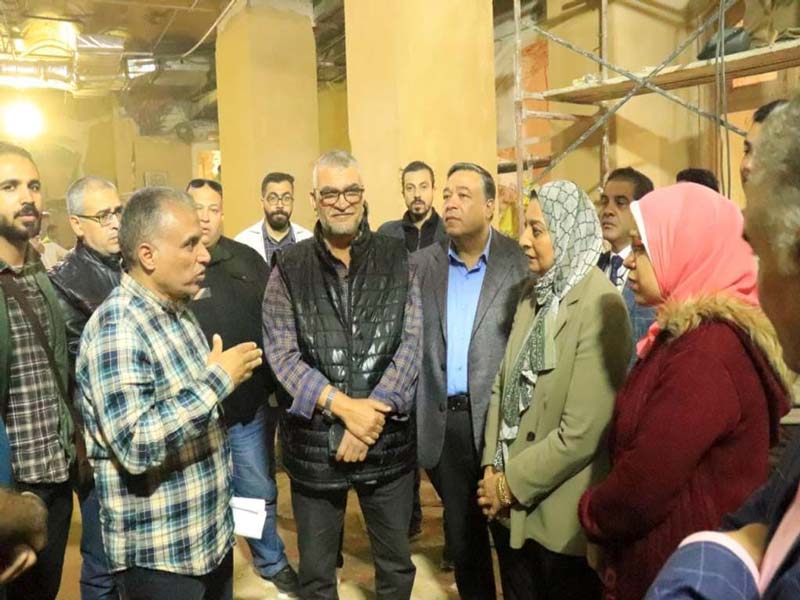 |
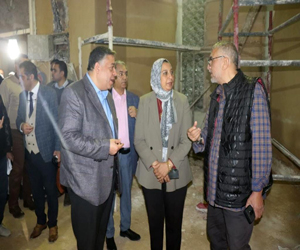 |
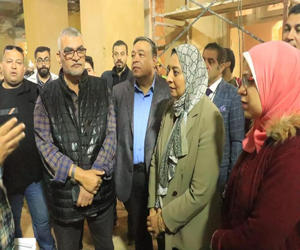 |
|
During the tour, Prof. Dr. Ghada Farouk The necessity of adhering to the pre-determined timings for completing the necessary restoration and maintenance works, which comes within the framework of the vision and mission of Ain Shams University to advance development work that includes the university to enhance its leadership as an ancient educational institution that includes a distinctive impact, in order to preserve the university’s sustainability through its natural resources and ingredients. And human and archaeological rich and diverse, and the preservation of the unique Egyptian cultural heritage for future generations and humanity.
Prof. Dr. Yasser Mujahid, Director of the Center for Engineering Consultations, explained that the project of restoring and developing the Zafaran Palace aims to restore it to its original luster, in a way that works to show its archaeological and artistic beauty. All work was done by a specialized team.
It is noteworthy that the Zafaran Palace dates back to the era of Khedive Ismail, and it was designed along the lines of the Palace of Versailles in France, in which the Khedive was spending a period of education, and it contains decorations between the Gothic style and the Baroque style, which are two of the most important architectural styles that were used in many palaces of the ninth century.


.svg)




